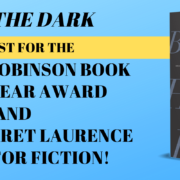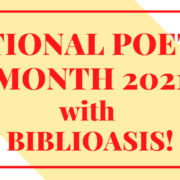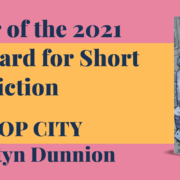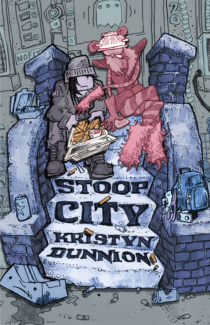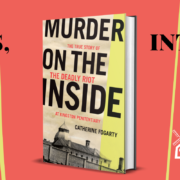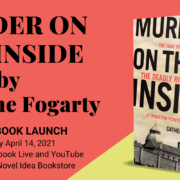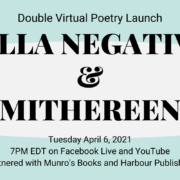On the heels of a successful launch on Wednesday April 14, which you can watch here, Catherine Fogarty’s Murder on the Inside: The True Story of the Deadly Riot at Kingston State Penitentiary has received fantastic media attention: from TV and radio interviews, to reviews in newspapers across Canada!
IN THE NEWS!
Murder on the Inside was reviewed by the Winnipeg Free Press and The Kingston-Whig Standard, and an excerpt was featured in the Toronto Star. You can read the Winnipeg Free Press here, the Kingston-Whig here, and the Toronto Star excerpt here.
In the Winnipeg Free Press, writer Barry Craig had this to say:
“The most important observation author Catherine Fogarty makes in this her first book (and a good one) is not about the notorious riot in 1971 in Kingston Penitentiary (KP) that she examines, but her conclusion that Canada’s prisons are still much better at housing and hurting people than helping them … Fogarty’s chronicle of the KP riot is a comprehensive and action-packed explanation of what went right and wrong … Murder on the Inside is a shocking tale of sickening savagery and unrewarded heroics, and Fogarty details with growing confidence the unhealthy, sadistic straight-jacket life inside Kingston’s notorious maximum security prison 50 years ago.”
In the Kingston Whig-Standard, Peter Hendra wrote:
“The book details what happened and why, and the aftermath of the four-day standoff, while offering compelling portraits of the characters on both sides of the negotiating table.”
INTERVIEWS!
Catherine Fogarty was recently interviewed about her book on Global News Kingston by Bill Welychka. Check out the video below!
Catherine Fogarty also discussed her book on TVO’s The Agenda with Steve Paiken, which you can watch below.
Additionally, Catherine Fogarty spoke to twelve CBC shows across Canada on April 13: “Up North” in Sudbury, ON at 2:30 PM EDT, “Mainstreet” in Halifax, NS at 2:40 PM EDT, “Radioactive” in Edmonton, AB at 2:50 PM EDT, “All Points West” in Victoria, BC at 3:07 PM EDT, “Homestretch” in Calgary, AB at 3:30 PM EDT, “Mainstreet” in Cape Breton/ Sydney, NS at 3:50 PM EDT, “Afternoon Edition” in Saskatchewan at 4:07 PM EDT, “Up to Speed” in Winnipeg, MB at 4:20 PM EDT, “Radio West” in Kelowna, BC at 4:40 PM EDT, “On the Coast” in Vancouver, BC at 4:50 PM EDT, “Air Play” in Whitehorse, YT at 5:30 PM EDT, “Afternoon Drive” in London/Windsor, ON at 5:50 PM EDT.
ABOUT MURDER ON THE INSIDE
“You have taken our civil rights—we want our human rights.”
On April 14, 1971, a handful of prisoners attacked the guards at Kingston Penitentiary and seized control, making headlines around the world. For four intense days, the prisoners held the guards hostage while their leaders negotiated with a citizens’ committee of journalists and lawyers, drawing attention to the dehumanizing realities of their incarceration, including overcrowding, harsh punishment and extreme isolation. But when another group of convicts turned their pent-up rage towards some of the weakest prisoners, tensions inside the old stone walls erupted, with tragic consequences. As heavily armed soldiers prepared to regain control of the prison through a full military assault, the inmates were finally forced to surrender.
Murder on the Inside tells the harrowing story of a prison in crisis against the backdrop of a pivotal moment in the history of human rights. Occurring just months before the uprising at Attica Prison, the Kingston riot has remained largely undocumented, and few have known the details—yet the tense drama chronicled here is more relevant today than ever. A gripping account of the standoff and the efforts for justice and reform it inspired, Murder on the Inside is essential reading for our times.
ABOUT THE AUTHOR
Catherine Fogarty is a storyteller. She is the founder and president of Big Coat Media and Story Hunter Podcasts. An accomplished television producer, writer and director, Catherine has produced award-winning lifestyle, reality and documentary series for both Canadian and American networks. Catherine is the executive producer of the Gemini nominated series Love It or List It and directed I Don’t Have Time for This, an intimate documentary about young women with breast cancer. Originally trained as a social worker, Catherine studied deviance and criminology. She worked with numerous at-risk populations including street youth, people with AIDS, abused women, and social services. Catherine holds an M.A. in Social Work, an MBA in Human Resource Management, and an MFA in Creative Non-Fiction from the University of Kings College. She was recently awarded the Marina Nemet Award in Creative Writing through the University of Toronto.
Order your copy now from Biblioasis, or from your local bookstore!
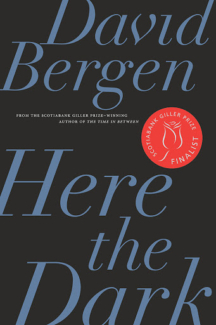 ay, May 20, 2021 at 11 AM CDT via social media and media release.
ay, May 20, 2021 at 11 AM CDT via social media and media release.
